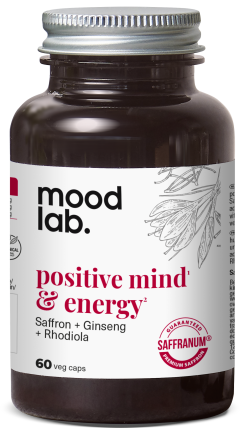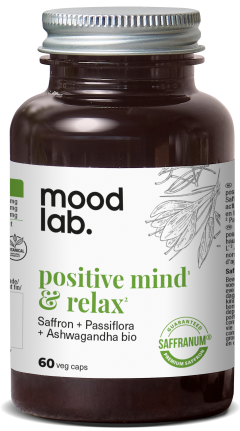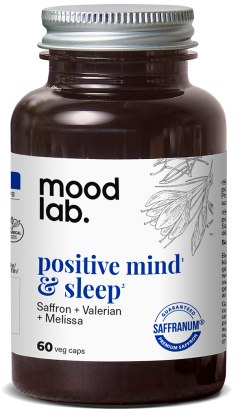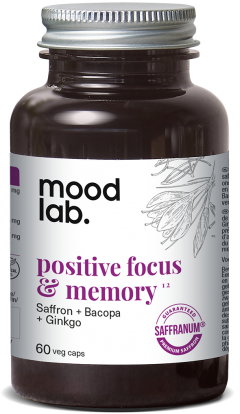When you buy 2 products, you receive 10 % discount and when you buy 3 products, you receive 15 % discount.
Mind the gap: 10 myths of a burnout
Are you completely burned out at the evening by the daily stress?
Suffering from poor time management that prevents your children from getting to school on time and arriving too late for work? No time / enthusiasm / energy to watch the last Tarantino movie with your partner?
It may have to do with the disease of the 21st century: burnout. But maybe not! Do not panic too quickly if you recognize any of the potential burnout symptoms and first read the 10 most persistent myths about burnout:
1. You get a burnout from hard work
WRONG! A burnout is not due to work, or at least not exclusively. Many working people find their job fantastic and get a lot of satisfaction from it. An overwhelmed feeling due to high work pressure in combination with other factors can, however, be the cause of a burnout.
2. You can overcome a burnout through sports
Do you feel more relaxed when painting landscapes or after finally knitting that scarf - or what it looks like? DO it! The "sports against stress can help. But you have to do what you feel good about and what makes you relaxed.
3. Anyone who has a burnout should take a rest.
The best recovery tip : physical rest. Physical rest is a good remedy for a burnout.
Allow yourself rest, first of all mental rest. Stop worrying full time about how your environment will respond or that you will never meet your deadline at work. Blow off some steam by relaxing, whether it's sports or checking out Netflix series!
4. Burnout only occurs with perfectionists
A burnout due to perfectionism? Often there is indeed a link, but there are many more traits that can play a role in a burnout.
5. Stop looking at your mailbox after 6 pm
Have you heard of techno stress?
These are technological innovations at work that some employees struggle with. The small frustrations lead to stress, which can be one of the causes of burnout. So feel free to choose to read an email in your trusted mailbox after 6pm.
6. Burnout is a hidden depression
Is there a relationship between burnout and depression? Not immediately. During a burnout you have the feeling that there are depressed feelings: you feel exhausted and energy-less. However, energy and exhaustion problems are more related to burnout than to depression. If you suffer from mood swings, this points in the direction of depression. A burnout can lead to a depression.
7. You have to be 100% the old before you get back to work.
Recovery phases and recovery periods from a burnout differ from person to person. When you feel reasonably recovered, you can in principle pick up the thread of your normal life again. Try to find a good way in which it works for you at work and at home.
8. Burnout through the fault of your boss
An understanding boss is of course always a plus. But even if you have a very annoying boss, there will undoubtedly be more small irritations that this. Think, for example, of the atmosphere with your colleagues, the workload ...
9. Stress? Just keep going!
The most important burnout recovery tip: less is more. Take a rest. Don't keep running in the same routine, it just adds to the dizziness!
10. Stress doesn't make you sick.
In fact, stress is a necessary ingredient to be happy. Positive stress, of course.




